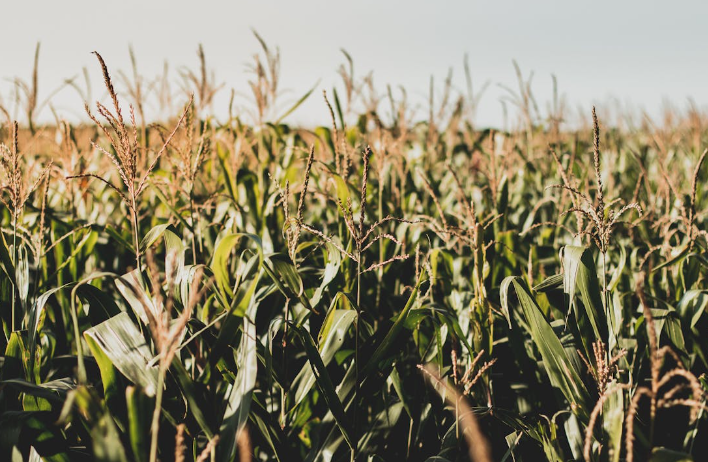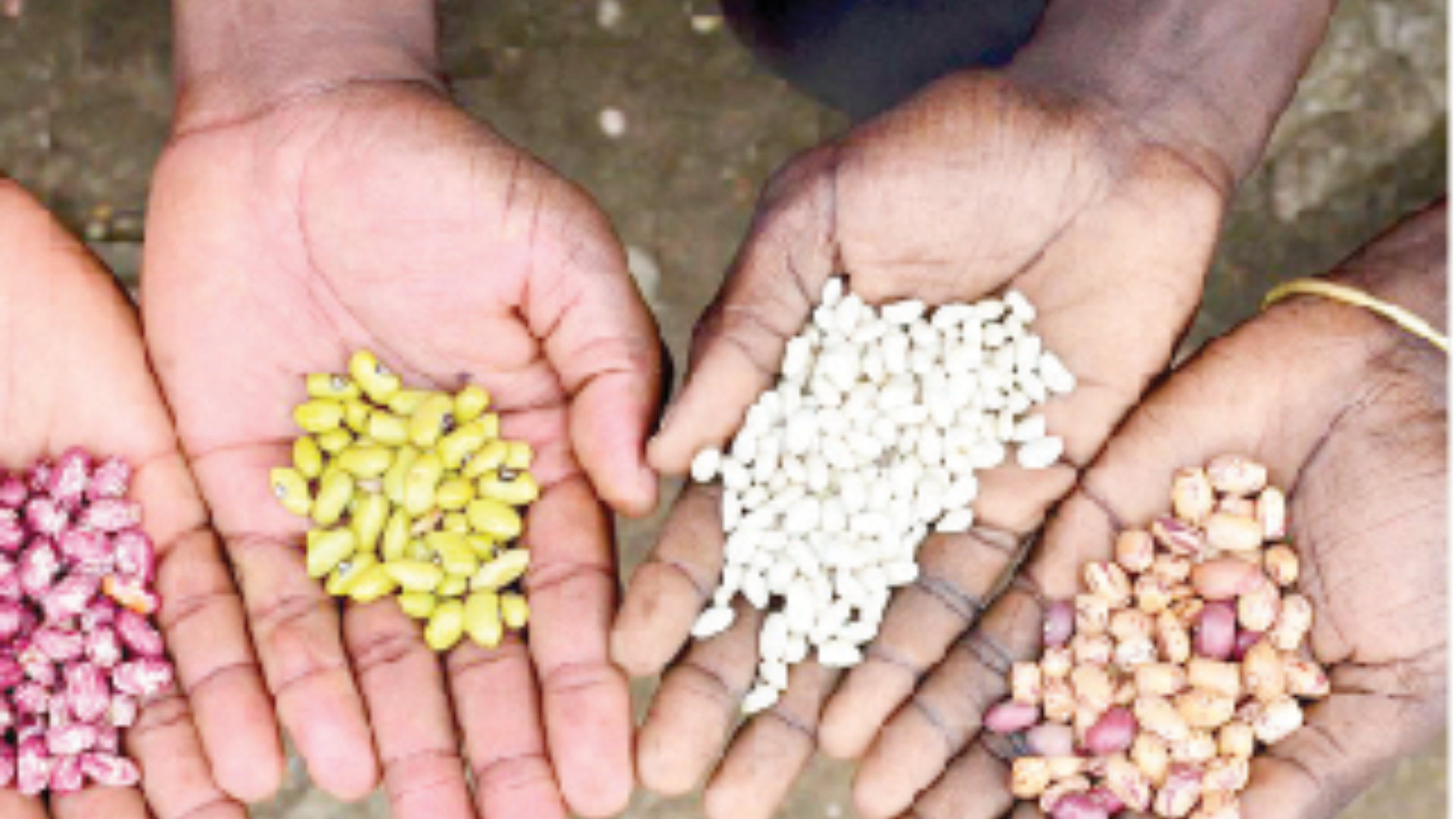Food security dominates climate talks agenda

As the world gathers for the biggest global climate event in Dubai in two days’ time, food security is in the forefront as one of the top items on the meeting’s agenda.
With soaring temperatures, devastating floods and other extreme weather events, national and global attention is turning toward innovative solutions to address the climate crisis. Scientists say the effective solutions to mitigate and adapt to climate change lie in climate-resilient development and holistic measures, including in the food and agriculture sectors.
In a world where around 735 million people are currently going hungry every day, reversing environmental degradation and its impact is a paramount national and global imperative. While agrifood systems contribute to about one-third of greenhouse gas emissions, they also hold a huge potential for positive climate action. The key challenge remains finding ways to feed a growing population while reducing the carbon footprint and environmental impact.
That is why a coalition of leading development partners and research institutions have united to place food security as a critical issue to be discussed at COP28. The Food and Agriculture Organization (FAO) is leading this effort. Solutions for agrifood systems bring multiple benefits, including climate action. Sustainable agrifood systems practices can help countries and communities to adapt, build resilience, and mitigate emissions – ensuring food security and nutrition.
The solutions to tackle climate change in agroforestry, restoration of soils, sustainable livestock, or fisheries management, have multiple effects. They can also support sustainable use of biodiversity, and food security – multiple benefits from the same solutions that only agriculture and food systems offer, according to FAO. Representatives from nearly 200 countries, leaders of business and finance, NGOs and representatives of civil society will meet from November 30 to December 12 for the COP28 United Nations climate conference.
COP28 is expected to stress the importance of collective action to stop climate change and the critical role of finance in the low-carbon transition. Amid the ever-deepening climate crisis, the conference aims at fast-tracking the transition to a clean energy future and back climate commitments with action.
Data illuminating global climate goals, pathways for transition finance, biodiversity, the phase-out of coal-fired power, the greening of private assets, the evolution of carbon markets, and the emergence of resilience alongside carbon cutting as a theme of investment will be discussed.
President William Ruto was last week in Arusha, Tanzania for the East African Community (EAC) high-level panel on climate change and food security that discussed the nexus between climate finance, food and nutrition security and water scarcity in the region.
Kilimo Trust, which works closely with the EAC Secretariat on matters relating to agricultural development has launched a new strategic plan that aims to support countries in the region to create sustainable livelihoods and better communities. It is helping the EAC structure national and regional trade in agricultural products for enhanced wealth, food and nutrition security for smallholder farmers and other value chain actors.
Kilimo Trust’s is focusing on four strategic pillars – agricultural transformation and resilience, effective and efficient project implementation, resource mobilization and sustainability, and operational efficiency. One of the strategies is to promote digital solutions together with partners and various stakeholders including farmers and other value chain actors.
Next week on December 6, the organization will host a webinar titled ‘How Digitalization of Agriculture Can Contribute to Sustainable Livelihoods and Better Communities in East Africa’.
— The writer comments on food security and climate change issues – [email protected]















